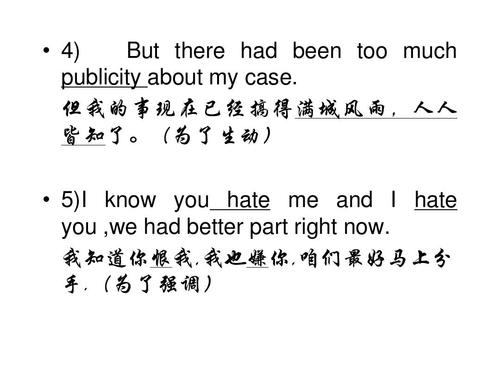Title: Mastering English Translation: Techniques and Tips
Introduction
English translation is an intricate process that requires not only linguistic proficiency but also cultural understanding and context comprehension. Whether you're translating literary works, legal documents, technical manuals, or any other content, mastering English translation demands a combination of skills and techniques. In this guide, we'll explore various aspects of English translation and provide valuable tips to enhance your proficiency in this field.

Understanding Context
One of the fundamental principles of translation is understanding the context of the source text. Context encompasses not only the words themselves but also the cultural, historical, and social background that shapes their meaning. Before starting a translation, thoroughly familiarize yourself with the subject matter, the target audience, and the purpose of the translation. This will enable you to convey the intended message accurately and effectively.
Maintaining Linguistic Precision
Linguistic precision is crucial in translation to ensure that the meaning of the source text is accurately conveyed in the target language. Pay close attention to nuances, idiomatic expressions, and word choices in both languages. While it's essential to stay faithful to the original text, don't hesitate to adapt phrasing and structure to achieve clarity and naturalness in the target language.
Translating Idioms and Cultural References
Idioms and cultural references pose significant challenges in translation, as they often don't have direct equivalents in other languages. Instead of attempting a literal translation, strive to capture the essence of the idiom or reference and find an equivalent expression or cultural reference in the target language. This requires not only linguistic proficiency but also a deep understanding of the cultural nuances of both languages.
Utilizing Translation Tools
Translation tools, such as computerassisted translation (CAT) software and online dictionaries, can be valuable aids in the translation process. These tools can help streamline the translation process, improve consistency, and provide access to terminology databases and reference materials. However, remember that translation tools are aids, not substitutes for human judgment and linguistic expertise. Always review and edit machinegenerated translations to ensure accuracy and quality.
Specializing in Subject Matter
Specializing in specific subject matter can significantly enhance your translation skills and marketability. Whether it's legal, medical, technical, or literary translation, becoming an expert in a particular field allows you to develop specialized terminology knowledge and understanding of industryspecific conventions. Continuously educate yourself on the latest developments in your chosen field to stay ahead of the curve.
Seeking Feedback and Continuous Improvement
Feedback is essential for growth and improvement in any field, and translation is no exception. Seek feedback from peers, mentors, and clients to identify areas for improvement and refine your skills. Additionally, engage in continuous learning through workshops, courses, and professional development opportunities to stay updated on language trends, translation techniques, and industry standards.
Conclusion
Mastering English translation requires a combination of linguistic proficiency, cultural understanding, and subject matter expertise. By understanding context, maintaining linguistic precision, translating idioms effectively, utilizing translation tools, specializing in subject matter, seeking feedback, and continuously improving your skills, you can enhance your proficiency as a translator and deliver highquality translations that resonate with your target audience. Embrace the challenges of translation as opportunities for growth and refinement, and remember that excellence in translation is a journey rather than a destination.











